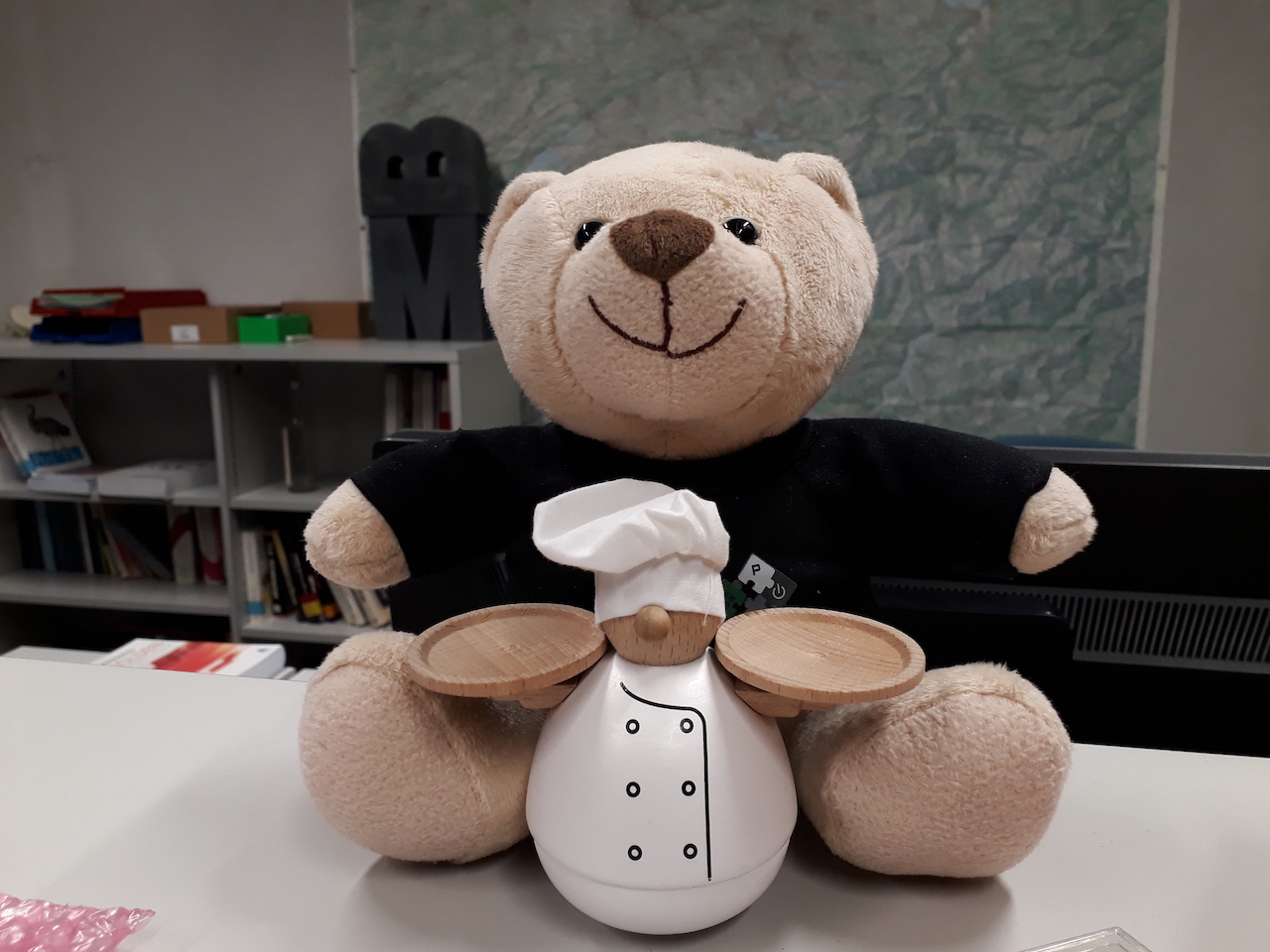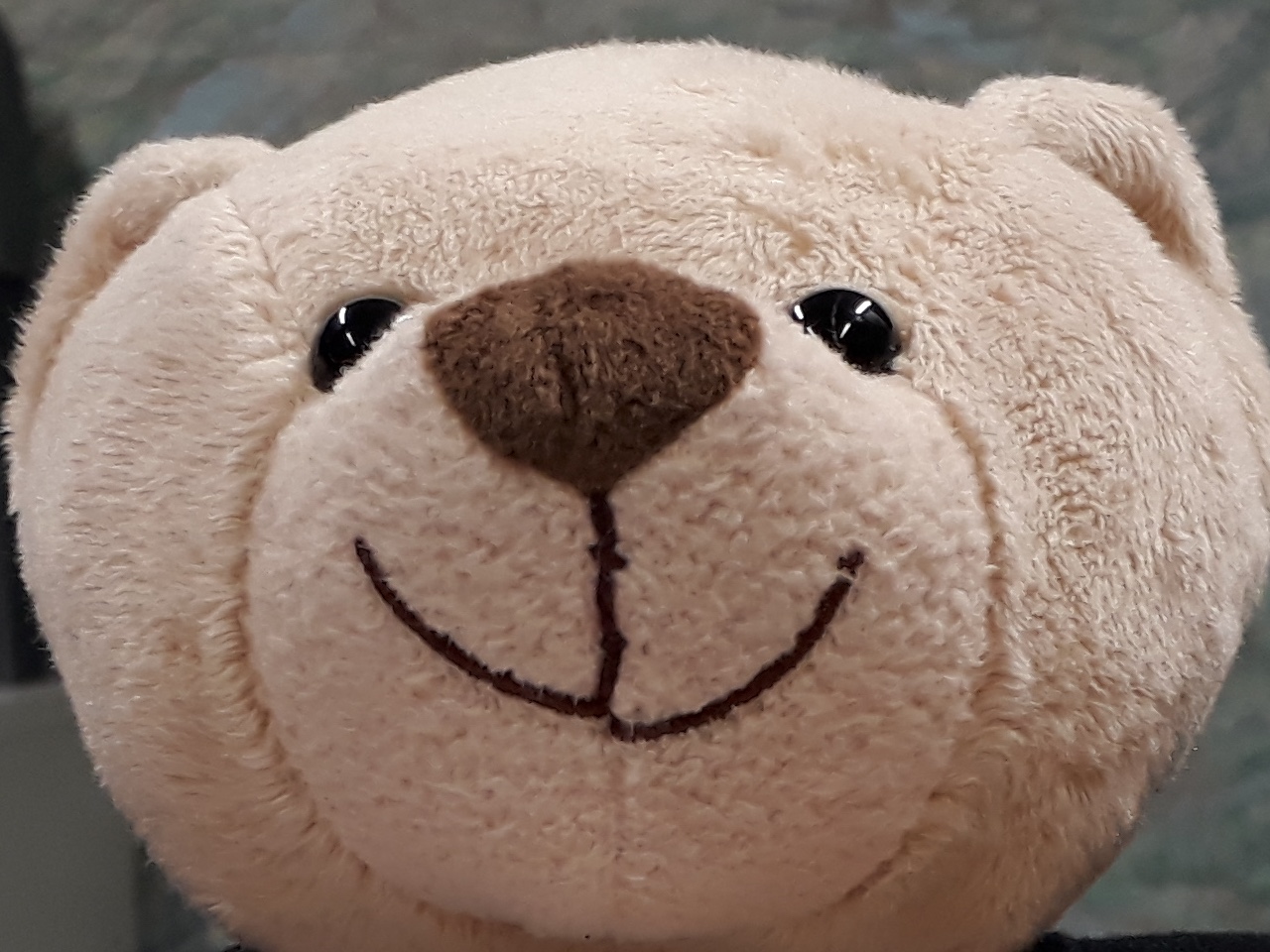Cellphones are good enough for most of your needs
Cellphones are excellent for taking pictures
It is not easy to outperform a cellphone when you want to take pictures. Of course a modern DSLR is better, but for most cases your cellphone can make pictures that work just as well.
The test
Any cell phone manufactured after 2015 will make pretty good pictures. This could be very annoying, when you lug 3 kilos of cameras and lenses all day, and your travel companion makes bright, sharp and colorful pictures with a simple cellphone that are as good as anything you made.
There are two advantages that dedicated photographic equipment has over a cell phone
- larger image sensor, even the smaller APS-C cameras have image sensors that are much larger than any cell phone camera. The 108 Megapixel sensor of Samsung S20/S21 is more than 5x smaller than an APS-C sensor. You need to capture light for imaging, and a larger sensor captures more light. It is as simple as that. Of course modern cell phones can afford to slightly newer technologies, but they can not make up a gap of 5x to 10x.
- better optics, but the most important part of the imaging is in what brings you the light, the lens. A small cellphone can not compete with sophisticated lenses. Photographic equipment is designed for this and allows you to also select specialized lenses for your interests.
But there are a number of things that work for cellphones
- Even budget phones have more digital processing power than even high-end cameras. This allows more processing on the cellphone than would be possible on a professional camera. This is also why they work extremely well in things that people want to use them most often: scenery, friends posing in front of landmarks, pictures of friends and kids, indoor and nighttime pictures. Additional processing allows settings that improve the quality of these situations.
- Smaller sensors, result in smaller focal distances and as a result the infinity distance where everything is in focus is much closer, allowing you to make those shots with friends in front of landmarks so much easier.
- Most people already carry a cellphone with them, they are light, and already paid for.
- Most people are familiar with how to use one, and several functions like embedding pictures in social media or sharing with others is done very easily.
See also Articles on the smart phone photographer on sensors and guides.
This is taken in my office, bad light, no special equipment, no flash. The cell phone is a 2017 model Samsung A3. I am pretty sure it is not listed among the best cellphone cameras you can find, although I did not check it.
Here is the same picture cropped at 1280x960 pixels, saved with lossy JPEG compression on the camera.
I am sure purists will find faults with these pictures (I can as well), but it is actually quite surprising how good this picture is considering how little effort, and how little investment into photographic equipment was needed to make it.
Summary
- Modern cell phones, even budget ones, can make excellent pictures
- A cell phone usually has much more digital processing power than even high-end cameras, that can compensate for a lot of shortcomings
- You usually end up carrying your cellphone everywhere, and as I mention many times weight of your equipment is much underrated, you need to have your equipment with you to be able to make pictures.
- Of course dedicated equipment for photography is better, but for most people, this will not be needed
These pages are for Amateur Photographers and not really for seasoned photographers and professionals. I have no affiliation or commercial interest with any brand/make. I write from my own experience. I ended up using mainly Nikon, so I am more familiar with this brand than others. See price for notes on pricing as well as photography related links.

